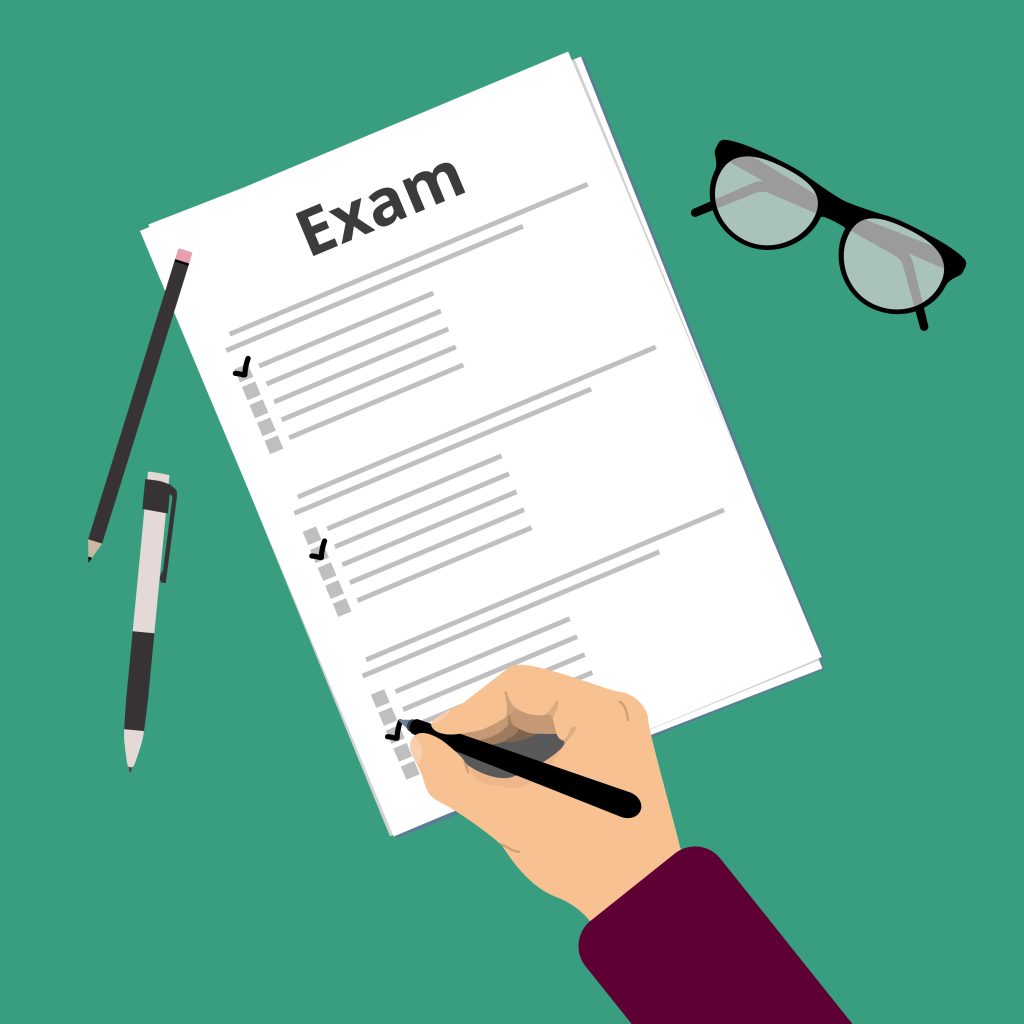Success in competitive medical entrance exams demands unwavering dedication, incisive strategy, and tenacity. Dr. HR Rajathadri exemplifies these qualities by clinching the top rank in the AIIMS DM Critical Care exam while still completing his anesthesia training—an exceptional feat amid a rigorous selection process and fierce competition.
In an exclusive interview with Sumesh Arora for Go the Extra Mile, Dr. Rajathadri reveals his preparation tactics, essential study resources, and strategies for managing stress and distractions. His insights promise to inspire aspiring DM candidates.
Interview with Dr HR Rajathadri
Go the Extra Mile: Rajath, you cleared the DM entrance exam while still a final trainee. It is an extraordinary achievement. How did you strategize preparation for the DM entrance preparation alongside the MD finals?
Dr Rajathadri:
Thank you for having me for this interview. Due to the COVID-19 pandemic, I had to spend a lot more time in the ICU than in the OT during the last three semesters of my MD. In order to take care of critically ill patients, I had to study a lot of topics during that time. COVID-19 patients didn’t just have ARDS but also several comorbidities like chronic kidney disease, chronic respiratory illness, trauma, venous thromboembolism, subarachnoid and intracranial haemorrhage, and a variety of hospital-acquired infections. So, I had to understand these conditions thoroughly to care for them effectively.
At the same time, I also learned a lot of Point-of-Care Ultrasound (POCUS) skills. While studying these topics, I made detailed handwritten notes. In my last semester, I primarily focused on revising those notes and practicing MCQs.
Go the Extra Mile
I struggle to stay away from my phone for more than a few minutes at a time. How do you manage to keep yourself away from the distractions of mobile phones and social media?*
Dr Rajathadri:
I do have the bad habit of checking my phone every now and then. However, I used to check Twitter during my breaks, where I followed intensivists who posted interesting cases and POCUS images. This not only helped me stay away from unnecessary distractions but also provided valuable learning opportunities.
Go the Extra Mile:
Many DM aspirants must ask you for advice on how to study. What are the top three educational resources you refer them to?*
Dr Rajathadri:
1. UpToDate
2. Deranged Physiology
3. Go the Extra Mile
4. EMCrit Blog
The best way to prepare is to start by studying the topics you encounter daily in the ICU, such as general critical care, antibiotics, mechanical ventilation, and systemic physiology. Next, focus on common cases seen in your ICU. Finally, review the remaining topics, even those you haven’t personally encountered.
Exams are all about reflexes. AIIMS has 80 questions to be answered in 90 minutes—barely a minute per question. To develop the necessary speed and accuracy, I followed two strategies: solving MCQs and regularly revising whatever I had studied. GTEM played a crucial role by providing a platform for practicing MCQs and real-time knowledge assessment. If you diligently study, work sincerely in the ICU, and maintain a curious mind, success in the exam is achievable. However, every aspirant should create a customized plan suited to their learning style.
Go the Extra Mile:
It must have been challenging to prepare for the exam while navigating the COVID-19 pandemic. How did you manage preparation in the current climate? How did you handle stress and take care of your health?*
Dr Rajathadri:
Preparing during the pandemic was tough. The erratic schedule affected my sleep hygiene. However, I had to study to provide the best possible care for my patients. I have always been passionate about complex physiology and medicine, which kept me motivated.
To maintain my physical health, I ensured that I went for a 2.5 km jog on most days. I strongly advise all aspirants not to neglect their health during preparation, as poor health can adversely impact both studies and performance in exams.
Postscript
Dr. HR Rajathadri’s journey to Rank 1 in the AIIMS DM Critical Care exam showcases his dedication, resilience, and strategic preparation. His disciplined study, rigorous MCQ practice, and ICU experience offer a blueprint for aspiring candidates. By emphasizing balance through health and focus, his success underscores how determination and smart planning drive excellence in the medical field.



